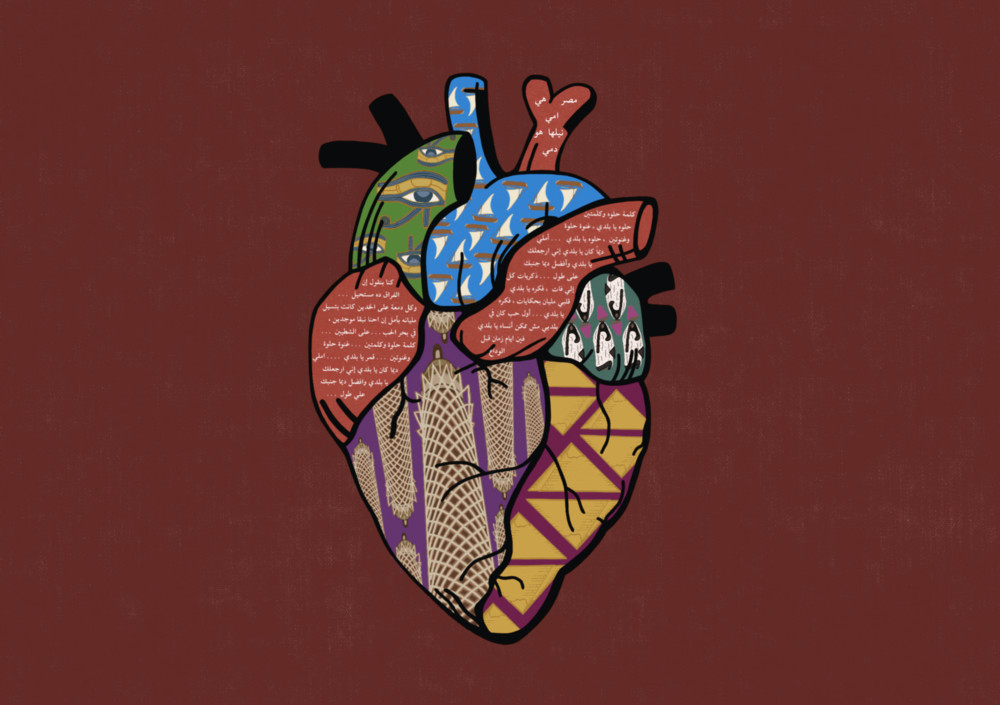The Social Design Institute's Publications include an open series of position papers, sharing diverse research perspectives from UAL practitioners on social and sustainable design, and working papers offering new research insights.
The series reflects the wide scope of social and sustainable design across a range of contexts and subject areas - from fashion and textiles to cultural practices and crime prevention.
There are currently 11 position papers by 12 authors, with more on the way. Each month we highlight one of the practitioners and their key idea for social design in 2021.
Design for Dialogue: Valuing Doubt in an Age of Conviction – Pratāp Rughani
Pratāp Rughani is Professor of Documentary Practices at London College of Communication, UAL Associate Dean of Research & Chair UAL Professoriate. An award-winning documentary filmmaker, Pratāp has presented and written widely about the relationship between film, philosophy and the evolution of post-colonial thought. An innovator committed to developing inclusive curricula, he works extensively to promote cross-cultural interchange through teaching, research and documentary film practice. He shares widely his ideas on documentary practice and ethics; documentary as a key to broker dialogue; intercultural decolonial and post-colonial futures; and listening and mediation in communication.
Design for Dialogue: Valuing Doubt in an Age of Conviction [PDF 397KB] responds to the toxic dialogue so common in today’s spaces when we disagree politically - and reflects on the possibility to design connections between us that nurture empathy and understanding.
Pratāp's paper suggests that we can learn from those who, despite being on opposite sides, have been able to cultivate a new geography of compassion through their quality of attention and depth of listening. We can adjust methods and spaces to enable better discussions. We can have decolonial dialogues that will help us feel less separate. And we can communicate with head and heart.
'Design for Dialogue' is a nudge towards a more meaningful way of being, rather than just tolerating each other, especially when we disagree – redesigning our own responsibilities and approaches to get there.
Get the paper
- Design for Dialogue: Valuing Doubt in an Age of Conviction [PDF 397KB]
- View the Social Design Institute Publications series
UAL Social Design Institute
Championing research and practice in social design and design for sustainability, UAL Social Design Institute develops and uses research insights to inform and change how designers and organisations design. Its mission is to make a positive social and environmental difference.
The Institute’s focus areas are value and valuation through design, systems and design, and policy contexts and implications. It works closely with colleagues across UAL including the Centre for Circular Design, Centre for Sustainable Fashion and Design Against Crime Research Centre.
The Social Design Institute is working with BOP Consulting to develop the methodology for the Design Council’s Design Economy 2021 and recently launched its first short course, Introduction to Social Design.

